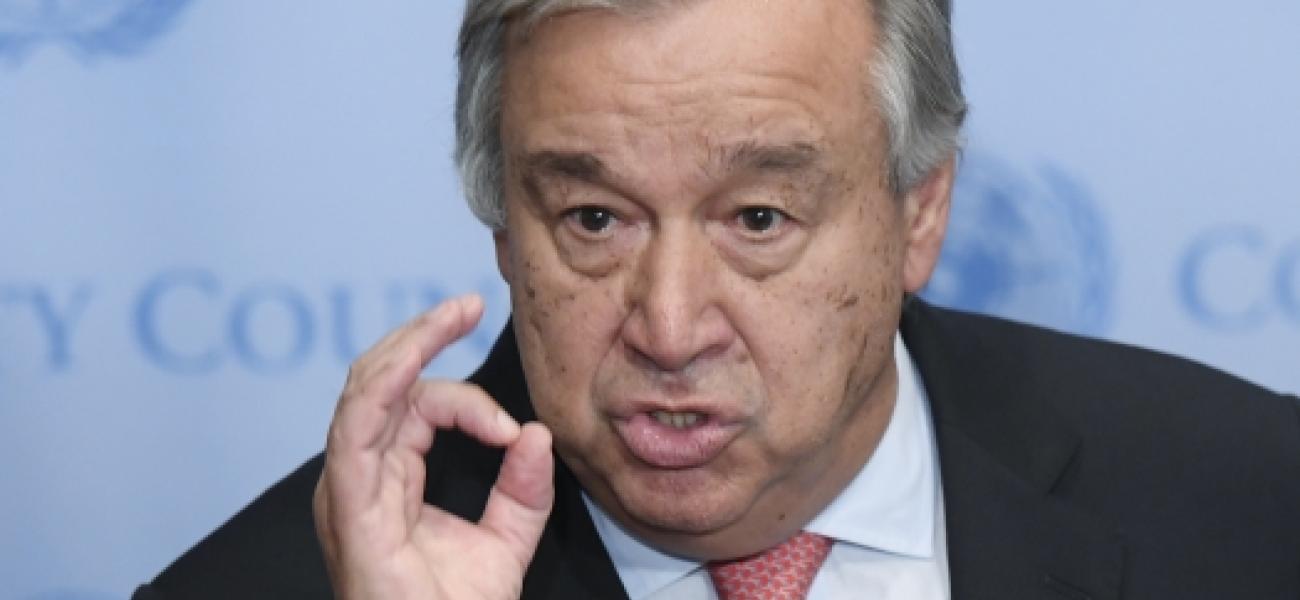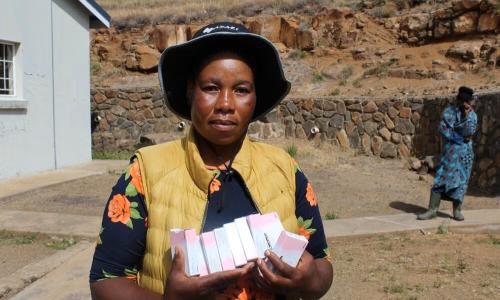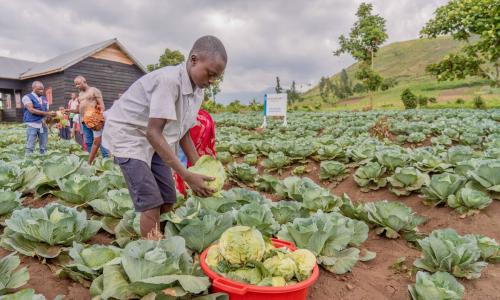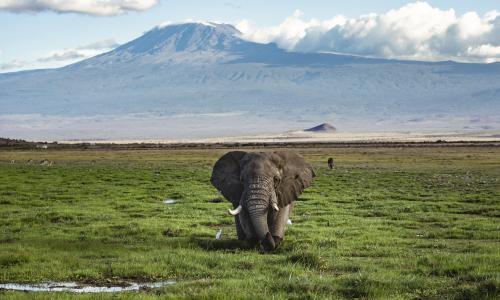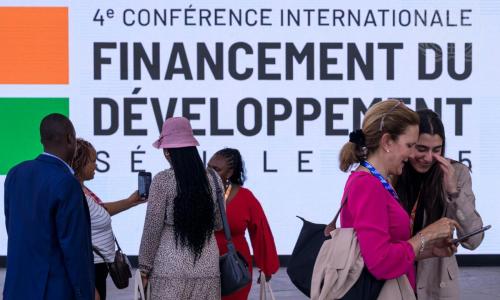The upheaval caused by the coronavirus – COVID-19 -- is all around us. And I know many are anxious, worried and confused. That’s absolutely natural.
We are facing a health threat unlike any other in our lifetimes.
Meanwhile, the virus is spreading, the danger is growing, and our health systems, economies and day-to-day lives are being severely tested.
The most vulnerable are the most affected—particularly our elderly and those with pre-existing medical conditions, those without access to reliable health care, and those in poverty or living on the edge.
The social and economic fallout from the combination of the pandemic and slowing economies will affect most of us for some months.
But the spread of the virus will peak. Our economies will recover.
Until then, we must act together to slow the spread of the virus and look after each other.
This is a time for prudence, not panic. Science, not stigma. Facts, not fear.
Even though the situation has been classified as a pandemic, it is one we can control. We can slow down transmissions, prevent infections and save lives. But that will take unprecedented personal, national and international action.
COVID-19 is our common enemy. We must declare war on this virus. That means countries have a responsibility to gear up, step up and scale up.
How? By implementing effective containment strategies; by activating and enhancing emergency response systems; by dramatically increasing testing capacity and care for patients; by readying hospitals, ensuring they have the space, supplies and needed personnel; and by developing life-saving medical interventions.
All of us have a responsibility, too -- to follow medical advice and take simple, practical steps recommended by health authorities.
In addition to being a public health crisis, the virus is infecting the global economy.
Financial markets have been hard hit by the uncertainty. Global supply chains have been disrupted. Investment and consumer demand have plunged -- with a real and rising risk of a global recession.
United Nations economists estimate that the virus could cost the global economy at least $1 trillion this year – and perhaps far more.
No country can do it alone. More than ever, governments must cooperate to revitalize economies, expand public investment, boost trade, and ensure targeted support for the people and communities most affected by the disease or more vulnerable to the negative economic impacts – including women who often shoulder a disproportionate burden of care work.
A pandemic drives home the essential interconnectedness of our human family. Preventing the further spread of COVID-19 is a shared responsibility for us all.
The United Nations – including the World Health Organization -- is fully mobilized.
As part of our human family, we are working 24/7 with governments, providing international guidance, helping the world take on this threat.
We are in this together – and we will get through this, together.
António Guterres is Secretary-General of the United Nations.
